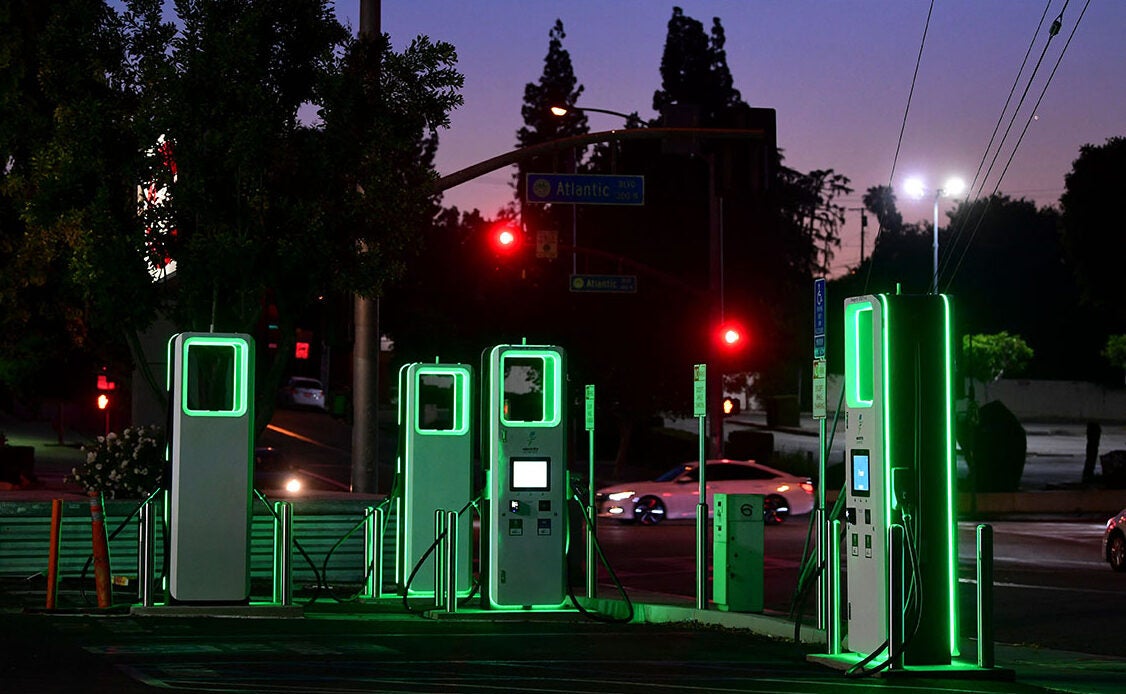INDIANAPOLIS (WISH) — Indiana is set to receive $100 million in federal funding to expand electric vehicle, or EV, charging infrastructure.
The National Association for the Advancement of Colored People, or NAACP, and stakeholders are taking steps to make sure that the state offers equitable access for all communities, especially communities of color.
The National Electric Vehicle Infrastructure program will impact parts of Indiana, bringing charging stations to areas with limited access.
As it stands right now, the limited access to charging stations is even more apparent in communities of color.
NAACP representatives say historically, Black communities see higher environmental degradation and fewer infrastructure investments, so meeting these demands is vital. The organization and its allies are demanding access for all to be included in the upcoming EV infrastructure.
“It has been one and half years on this journey for justice,” Denise Abdul-Rahman with the NAACP said.
“A failure by the state of Indiana to include the Black community in electric charging stations would mean that the Black community would not be starting at the starting line,” Concerned Clergy of Indianapolis member David Greene said.
The NAACP outlines its six-point plan and recommendations to ensure an equitable rollout. The five-year electric charging station rollout is meant to improve range anxiety for electric vehicle drivers by adding stations along highways and in communities.
“INDOT must do its part to ensure all of us are included in this transition to clean energy. Far too long our communities have been forgotten,” said Jorden Giger with Black Lives Matter in South Bend, Indiana.
The NAACP is in part asking for transparency, commitment to minority business enterprise, ethnically diverse workforce hiring, placing EV infrastructure near minority-owned businesses, and air quality. They are also asking that 40% of the funding be used in disadvantaged communities.
“These decisions are occurring at a time where there’s historic level funding to invest in EV infrastructure, which can either serve to start to tackle climate change and historic decades of environment racism or exacerbate inequities in this state,” Jillian Blanchard with Lawyers for Good Government said.
Further community input will help determine where stations will be located, as well as regulate rates and terms of service for electric providers.
“We in the urban communities can no longer sit on the sidelines,” Greene said.
The Indiana Department of Transportation and agencies like the Indiana Utility and Regulatory Commission are finalizing plans on how to roll the infrastructure out.
An official plan is expected to be laid out by the end of 2023.













You must be logged in to post a comment Login